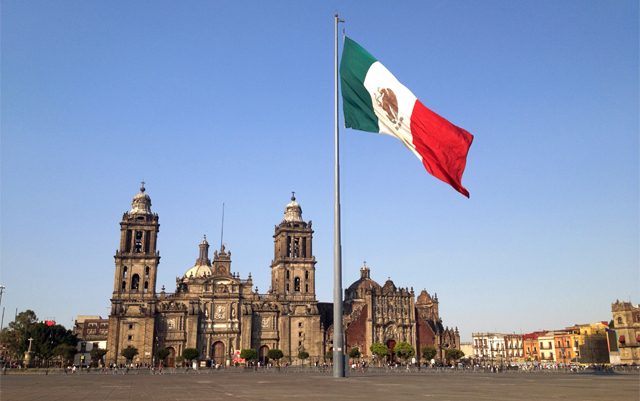Last month Mexico released the first draft of the legislation that will end the prohibition of cannabis in the country. With the deadline to pass the law imposed by the Supreme Court looming nearer, it’s time to take a closer look at the legislation being drafted. The law not only legalizes a recreational adult-use market, but also creates regulations for medical marijuana and industrial hemp as well.
Given the population of the country, Mexico is expected to have the largest adult-use market in the world. That’s compared not only to the patchwork of states that have legalized cannabis in the U.S., but the entire countries of Canada and Uruguay.
Obviously, entrepreneurs and corporate cannabis companies that already operate on a national or even international scale are looking at this as a business opportunity. However, it appears that it might not be as easy as you would think for existing brands to expand to Mexico’s new legal market. The proposed rules limit the number of foreign owners that can obtain licenses, as well as limiting vertical integration, which is a common model for many cannabis businesses in the states.
Instead, they focus on “fair regulation” and aim to empower communities that are the most vulnerable by giving preference to them when applying for licenses. It also requires at least 20 percent of cultivation licenses to be given to campesinos or ejidos (communal lands) in municipalities where the government eradicated crops while the plant was illegal.
In order to prevent vertical integration, a single person or company will only be able to hold one type of license at a time – but they can hold multiple of that same type of license. That restriction would not only apply to the individual or company, but also certain partners, subsidiaries, shareholders and family members as well.
To keep all of this in order, the bill would also establish a new federal entity called the Mexican Cannabis Institute. This entity would be provided its own budget each year to oversee the newly legal industry. But the institute would need to be fully staffed and ready to go by January 1, 2021 – which means it could be more than a year from now before licensing is even close to beginning.
It looks like there is going to be a slow rollout for legal cannabis in Mexico. In the meantime, business owners can start preparing their funds and ideas in anticipation. However, if you were a foreign company looking to go international or an international company looking to expand even further, it might be a little more difficult to get a foot in the door of Mexico’s legal cannabis market.






